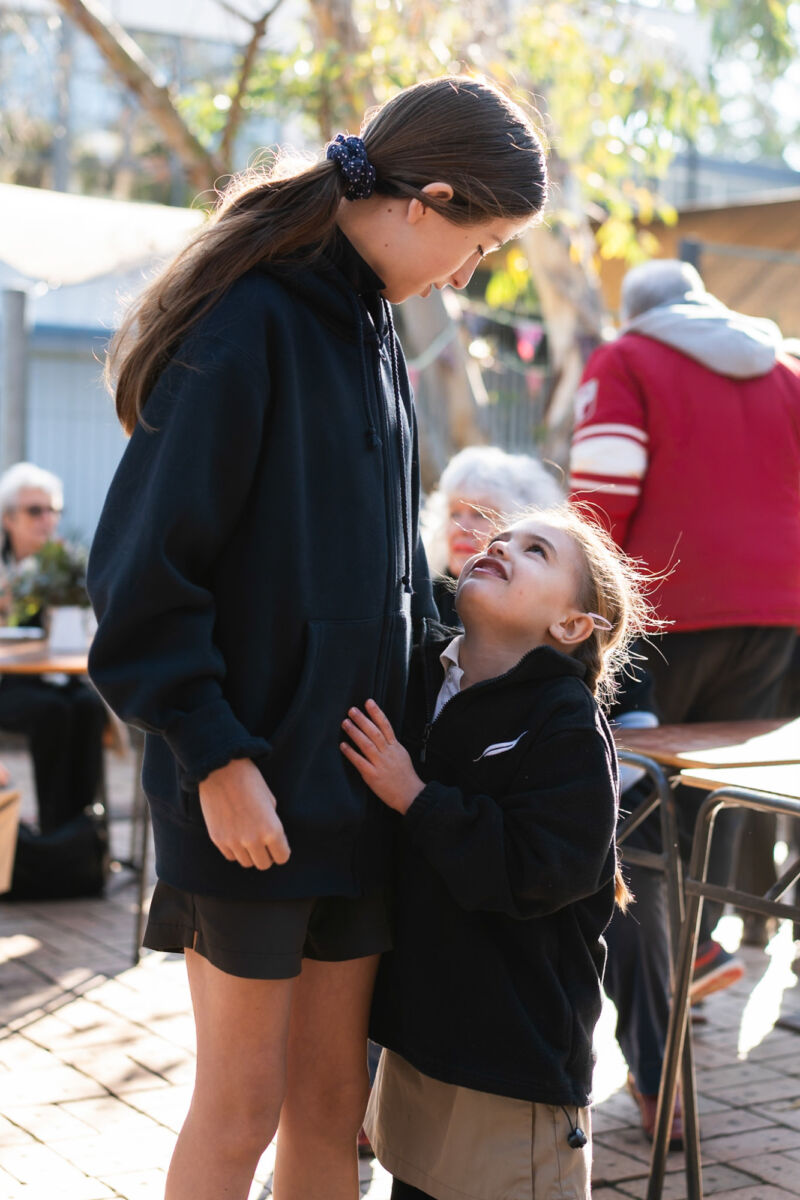
Woodleigh: a Global Education Leader
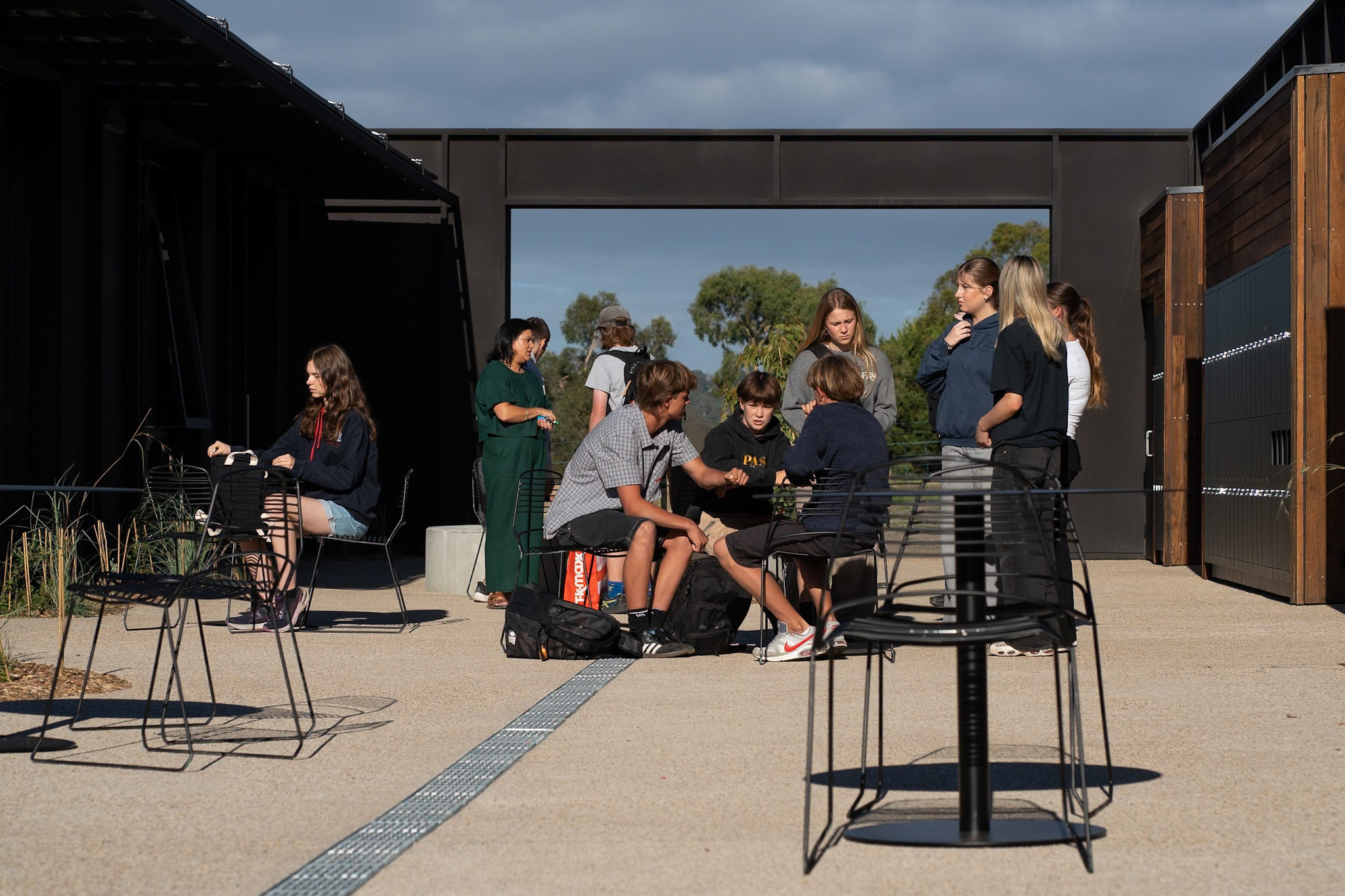
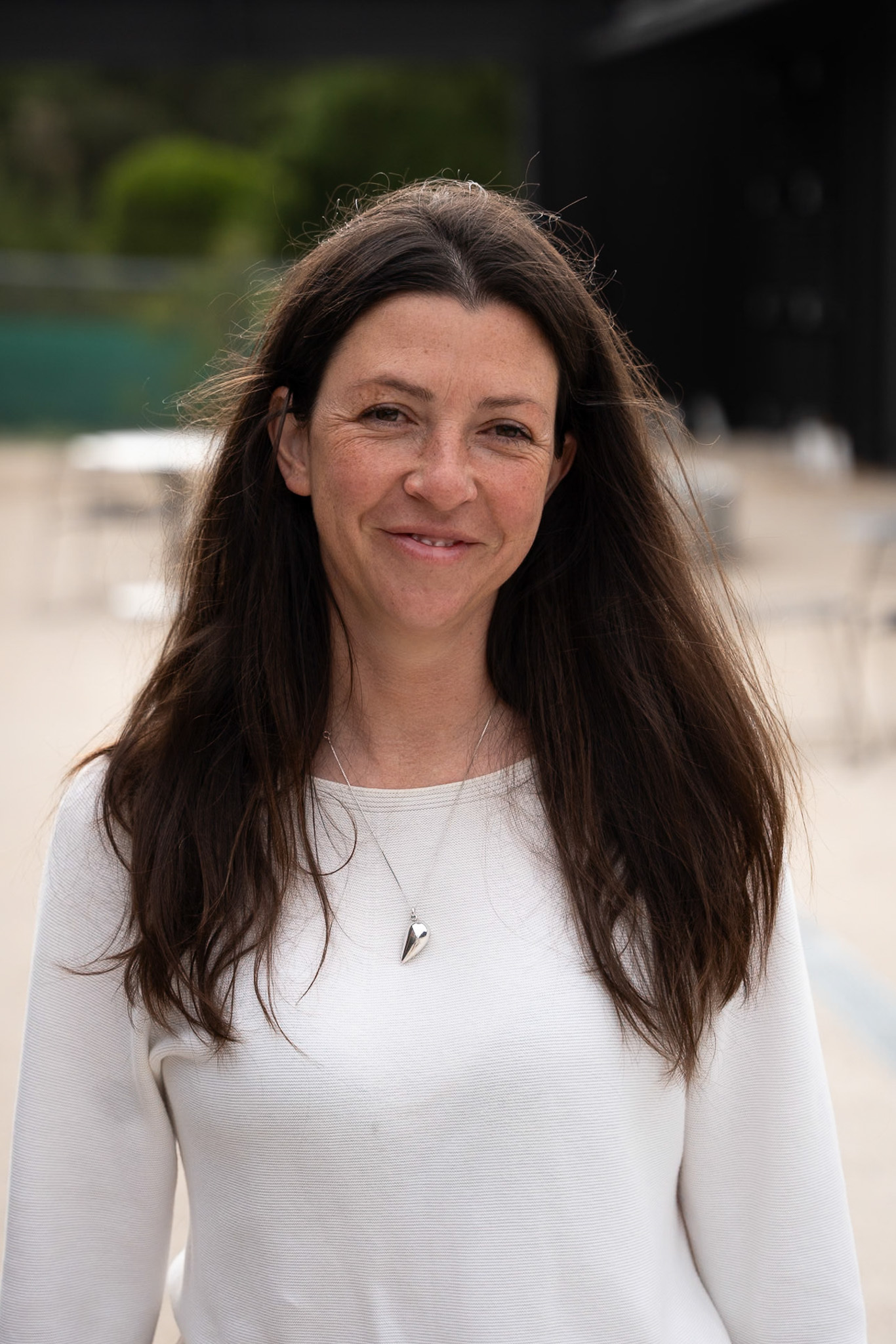
Share this article
There is a gap between what traditional schooling provides and what society now needs.
Education has long been viewed as a one-way pipeline, a system where students enter, are filled with content and exit neatly and uniformly packaged. This was a system suited to a 19th-century industrial-era workforce where mass compliance and productivity upheld the economy. But times have since changed.
By questioning the purpose of education and flipping the traditional learning funnel, students can approach their learning with real-world contexts and curiosity. The result is graduates who are deeply capable, leaving school as empowered individuals ready to engage with the world as socially responsible critical thinkers, rather than uniform products.
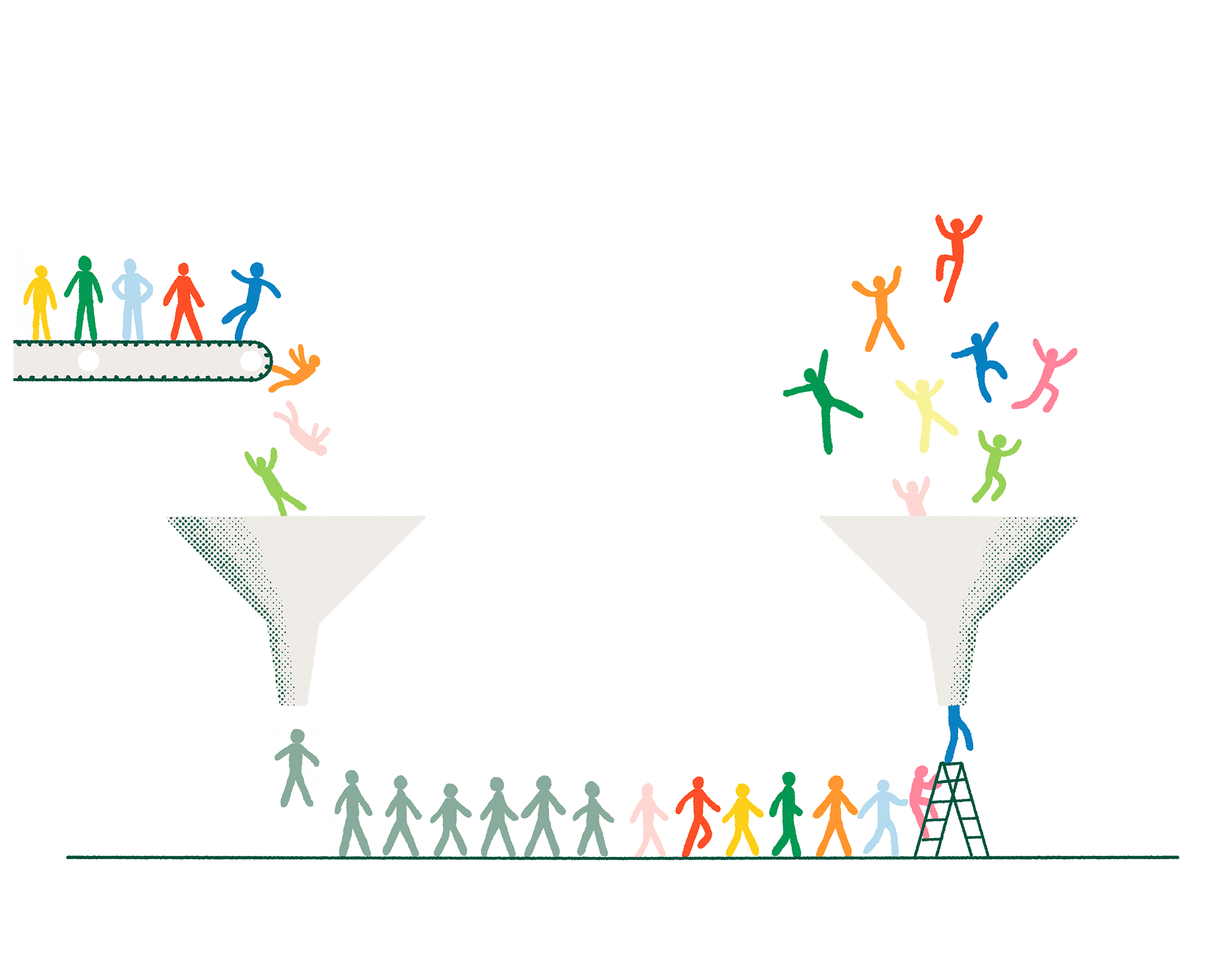
This is progressive education. It is not a soft alternative to the traditional model. It’s a rigorous, future-focused approach that integrates academic depth with emotional and social development. Aligned with the International Baccalaureate (IB) and grounded in our Learning to Thrive strategic framework, Woodleigh prepares students for life, not just exams.
This past April, Woodleigh School’s progressive philosophy was showcased on the international stage. As a contributor to a landmark OECD report, developed over two years, Woodleigh was able to play a role in shaping global education policy and practice. The report offers evidence-informed strategies to enhance teaching across diverse contexts and was launched at the OECD Schools+ Network conference in Portugal.
Led by Andreas Schleicher, the conference brought together 130 schools, researchers and policymakers under the theme Unlocking High-Quality Teaching. Woodleigh was one of only 13 IB schools invited and the sole representative from Australia. Michelle Pitcher, Head of Regenerative Futures and Pastoral Care, at Woodleigh, described the gathering as “A meeting of educators and policymakers, people on the ground and those who shape government policy. That was really unique,” she said, emphasising that without collaboration between these groups “the alternative is talk without action.”
Woodleigh’s role was to focus on Cognitive Engagement. A concept that moves beyond paying attention in class. It refers to the mental effort students invest in their learning, how deeply they think, and how meaningfully they connect complex ideas and apply knowledge. From sustained Cognitive Engagement comes deeper understanding and retention, and from there, the holy grail of mastery.
But mastery isn’t perfection; it’s more impactful than that. At the core of progressive education, mastery is about connecting ideas across disciplines and being able to use your learnings flexibly. Mastery involves applying deep thinking, skills and knowledge in the real world, with purpose. Mastery occurs when learning becomes an integral part of who you are.
“Google already knows everything”, according to Schleicher. And now, AI knows more. Facts, figures and the history of information are quite literally at our fingertips. In this rapidly changing world, knowledge alone is not enough. The economy no longer compensates us for what we know. It compensates us for, as Woodleigh Principal David Baker puts it, “what we can do with what we know.” This shift is not theoretical. This is happening in real time.

Ideas about education and what success looks like for our kids can be hard to shift. Dr Richard Owens, Director of the Woodleigh Institute, who was also present in Portugal, plays a key role in Woodleigh’s commitment to preparing students for their lives beyond school. “The narrative that success is a high exam score is really hard to break,” he says. “It’s also really reductionist. The OECD’s stance is clear. Education must move beyond knowledge acquisition, to supporting young people in leading meaningful lives, contributing to society and sustaining the planet.”
To comprehend the necessity for this evolution in education, The World Economic Forum’s Future of Jobs Survey 2024 makes clear that by 2030, the most valued skills won’t be memorised facts but resilience, adaptability, curiosity, empathy and technological literacy. These are the skills demanded not just of the working population, but of people who want to move through their lives effectively with agency. As we transition from routine tasks to creative thinking and problem-solving, and from individual achievement to effective collaboration, our classrooms lead the way.
As Victoria’s oldest independent co-educational school, Woodleigh has long pioneered a progressive approach to educating young people. What is heartening is that educators, policymakers and global networks like the OECD are championing it too, as the future of education worldwide. It is a culturally sensitive approach to promoting the wellbeing of people and the planet and as Michelle says, “At Woodleigh, we’re happy to look different and have people ask questions because we believe in what we’re doing.” And it looks as though the rest of the world does too.
Keep reading
More articles from Woodleigh School
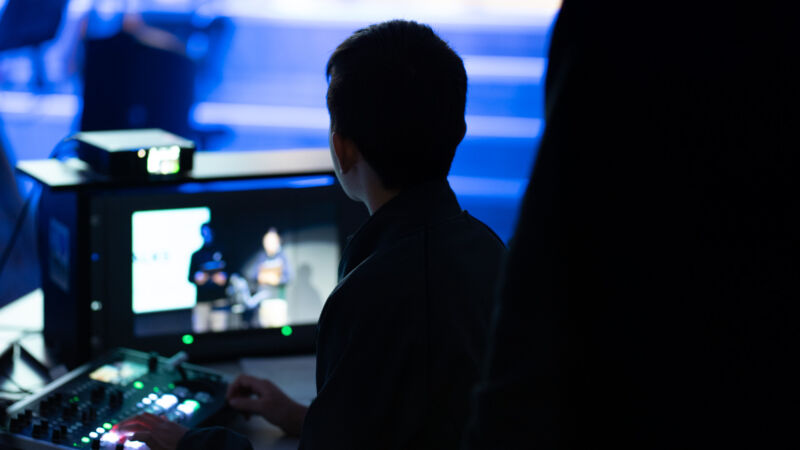

Communications Coordinator
Giftedness is extraordinary, but that doesn't mean it's easy.
Continue Reading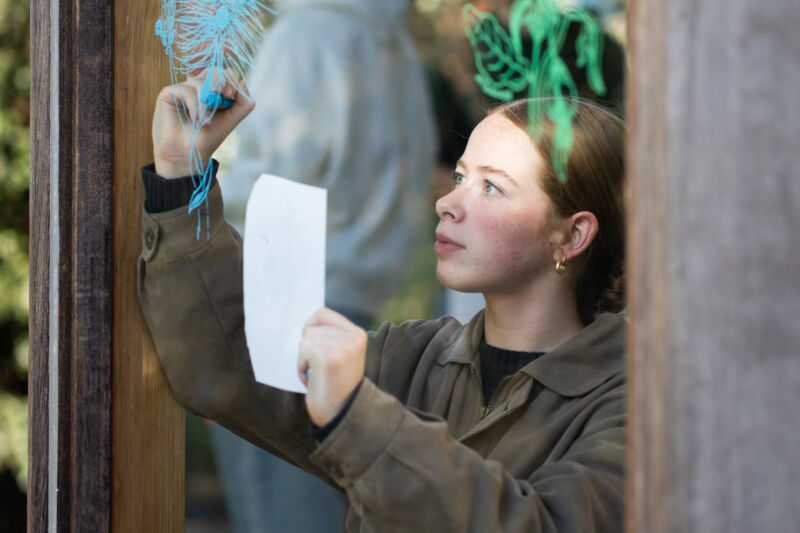

Communications Coordinator
Expect the Unexpected
Continue Reading